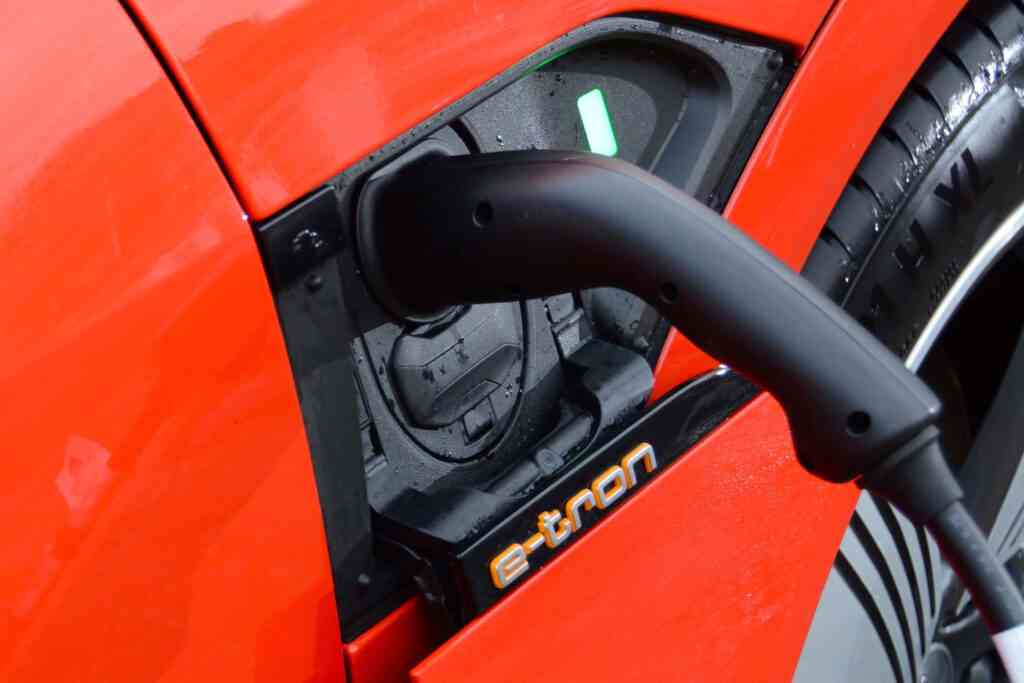UK buyers predicted to buy 200,000 pure electric vehicles in 2021

More than 200,000 new electric vehicles are expected be sold in the UK in 2021. This is a figure which does not include hybrids. Indicating that the UK Governments ambitious deadline of 2030 for the ban on sale of pure petrol and diesel powered cars could be met.
SMMT data recorded 108,205 sales of Electric cars in 2020 which, considering the natural downturn in the motoring sector due to the coronavirus, was already a huge increase on expectations.
The research carried out by DriveElectric uses its own model built from its intelligence of the UK market to forecast registrations of battery electric cars and vans. It highlighted a number of factors which will affect the EV market:
- Sales of new petrol and diesel cars and vans will end by 2030, and sales of plug-in hybrids will end by 2035.
- 1% Benefit in Kind (BIK) company car tax from April 2021 for a period of 12 months.
- Volkswagen and Mercedes-Benz will introduce more EVs to the market in 2021 with production plans based on new EV-specific platforms.
- Hyundai and Kia continue to sell large numbers of EVs. The BEV-specific platform from Hyundai/Kia arriving in 2021, along with Korean battery technology and competitive prices, will give them an advantage.
- Tesla will continue to sell large volumes of EVs due to the brand’s popularity. Tesla could equal BMW and Mercedes with 100,000 sales per year in the UK very soon.
- There is growing environmental awareness, about climate change and also about challenges with local air quality; EVs help to provide a solution in both areas.
- Increasing numbers of proposed initiatives such as Clean Air Zones are resulting in organisations looking to renew their fleets with electric rather than petrol or diesel vehicles.
DriveElectric sees higher numbers of EV sales from 2025 onwards (to around 50% of registrations) as sales of petrol and diesel vehicles decline naturally ahead of the 2030 ban.
Electric Vehicle (EV) Mythbusters…
Statement: The Electric Grid won’t be able to cope if everyone switches to electric vehicles,
Wrong. The National Grid should know what they are talking about on this subject. They have stated that the current electrical consumption for the whole of the UK is 16% lower than it was in 2002. If every single vehicle was replaced with an EV it would increase by just 10%. So we wouldn’t even be going back to 2002 levels, and the system coped quite happily then.
Statement: Electricity isn’t clean, it comes from burning coal.
Wrong. For a continuous two month period in 2020, UK power generators burnt no coal at all. Fossil fuels (both Coal and Gas combined) account for around one-third of all electricity generated and the level is constantly falling as renewable sources increase. A number of utility companies provide only green energy which is 100% from renewables. So if you switch to Bulb or Ecotricity, to name just two, your EV will not require coal to be burnt at all.
Statement: Electric vehicles don’t have enough range.
Wrong. Everyone seems to get hung up on the range of an EV. How far it can go between charges, and simply because a few cannot manage the same 400 miles that a tank of petrol gives them they dismiss EVs as useless. But almost no-one needs to drive 400 miles non-stop every day. Government statistics show that the average car journey length for the entire country is 8.5 miles or 22minutes and the average family car travels 37 miles each day, with second cars only travelling 11 miles. So why demand a 400 mile range?
Even if an EV has 150 mile range and you do need to travel 400 miles, all it would take is two or three stops of 30 minutes or more to get you to your destination, about the same time as going to the loo and buying a coffee from a service station. There is no need to fully recharged the batteries to 100% every time. You can charge to 80% very quickly with many fast chargers.
Statement: Electric vehicles are too expensive.
Wrong. The price for EVs is dropping significantly with a starting price of £18,000. For many manufacturers the like-for-like cost of petrol and EV models is closing. So while it might cost an extra £5,000 for an equivalent EV that cost would be recouped very quickly once the higher costs of petrol and diesel consumption are factored in.
Statement: The batteries need replacing every three years and cannot be recycled
Wrong. Most manufacturers are offering battery warranties of around 7 years or 100,000 miles. (How many Range Rover Sports do you know that have died well before that and required a new engine?!) Even when they are no longer suitable for powering an EV the batteries can be recycled, often by being used for different storage systems like domestic solar power systems, or being stripped down to extract the base components. No cars, whether EV, petrol or diesel, end up in landfill anymore.




